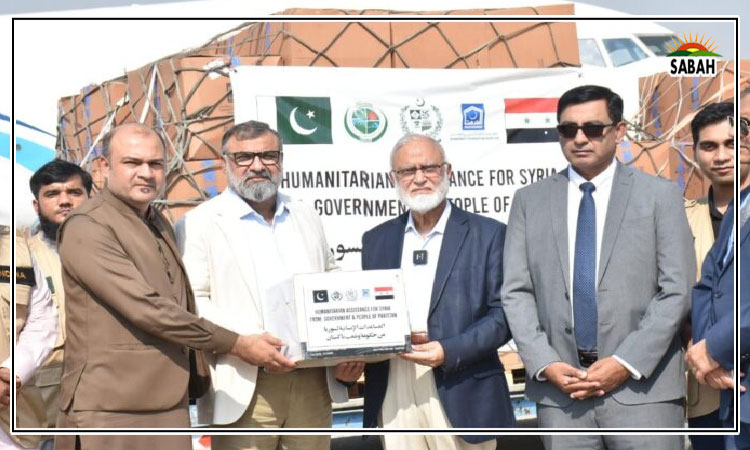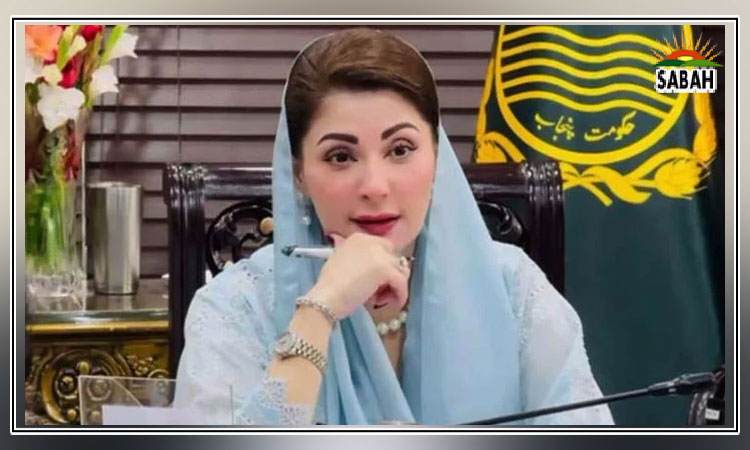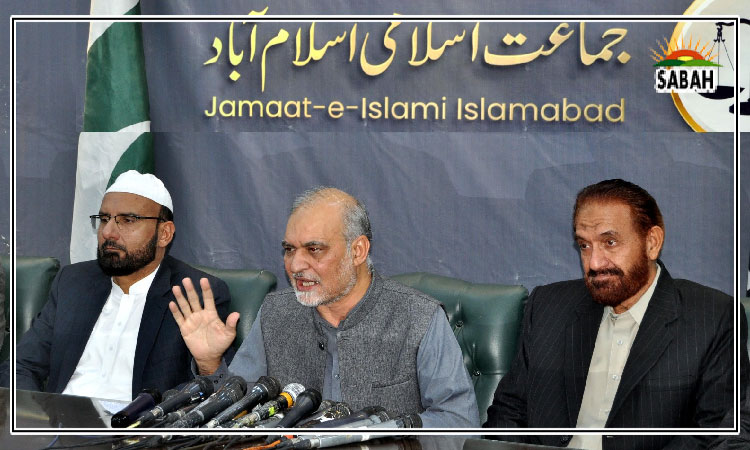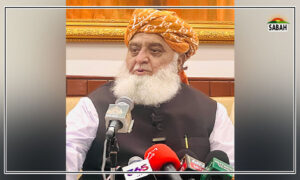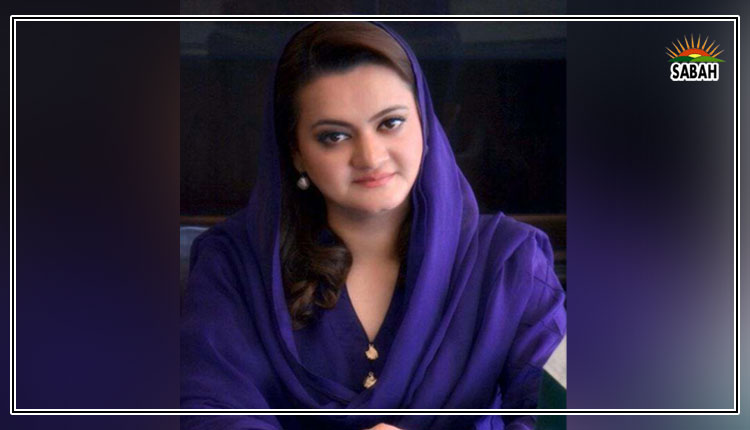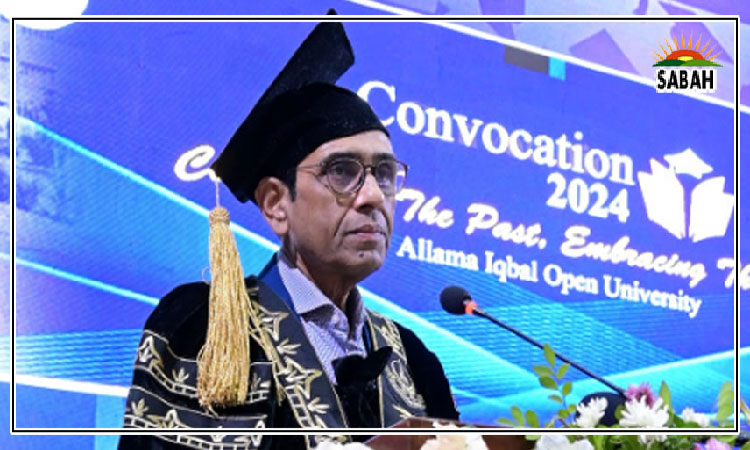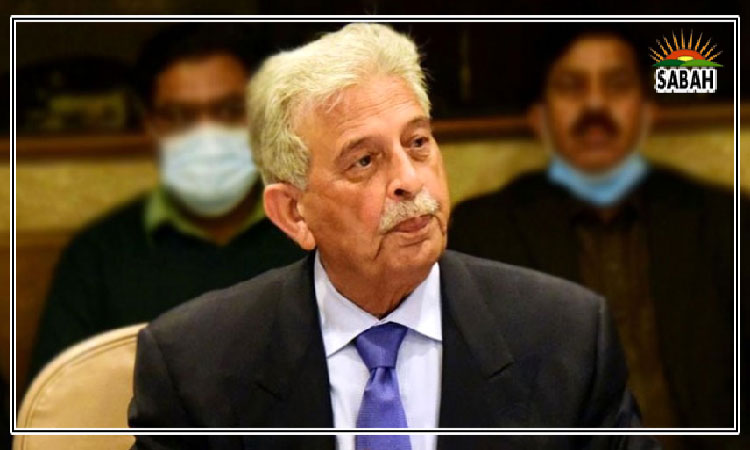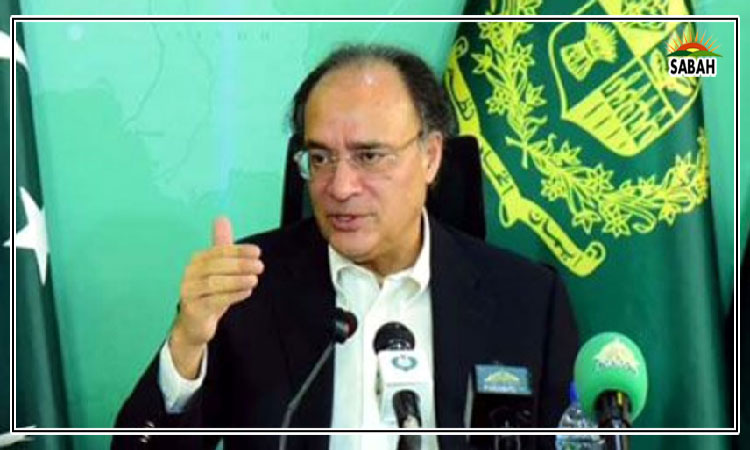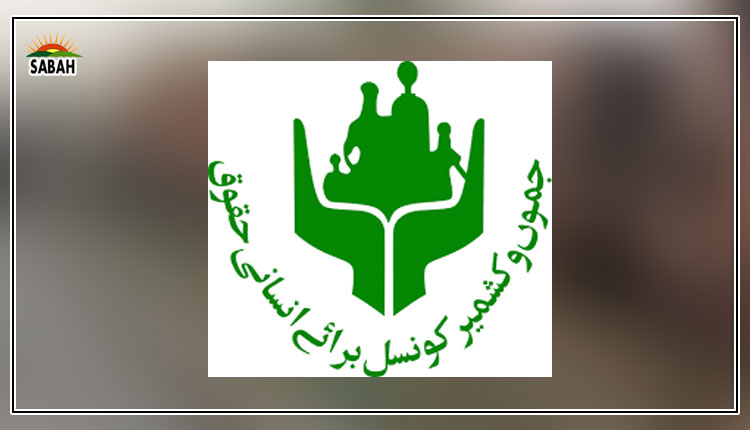JKCHR makes written representation to the Supreme Court of Pakistan, in the appointment of GB judge’s case
LONDON, March 01 (SABAH): Jammu and Kashmir Council for Human Rights (JKCHR) – NGO in special consultative status with the United Nation, has made a written representation to the Supreme Court of Pakistan, in the appointment of GB judge’s case.
The representation, spread over 10 pages and 19 exhibits has highlighted that the suggestion of “holding a referendum or a plebiscite in GB and Pakistan-administered Kashmir”, remains in conflict with and in violation of the United Nations jurisprudence of Kashmir case. The UN Security Council Resolution 91 of 30 March 1951 (Exhibit GB3), would not permit this.
In addition it has to be as a consequence of article 257 of the constitution of Pakistan. Government of Pakistan or Governments of AJK and GB cannot “preside over a free plebiscite. Even if they could, they should not do so, because the opposing party would not recognize the fairness of this plebiscite, even if it had been fairly conducted.”
President JKCHR inscribing his interest as a State Subject in the case has said that, the observation that “India had devoured the state of Jammu and Kashmir by abolishing its special status”, is a legitimate concern of the Supreme Court. However, local referendums in GB and Azad Kashmir, extraneous to UN template, are not an answer. On the contrary such an action would further hurt the Kashmir case. As a party to Kashmir dispute and under the UN template the Government of Pakistan had to find a ‘pointed’ and a ‘proportionate’ response.
JKCHR representation has said that the concern shown by the chief justice on 14 February, during the hearing of the petition – “that the people of Gilgit-Baltistan (GB) still had no idea about their constitutional status”, remains an on-going local and international concern.
In fact these people in AJK and GB have been granted a dignified status as citizens of a local authority under the UN template. It is unfortunate that, Government of Pakistan and Government of Azad Kashmir (and Muslim Conference) inked an agreement behind the backs of these people in April 1949 and have sinned against their rights ever-since.
Exhibit GB11 of the representation has pointed out that “The ultimate objective of a fair and impartial plebiscite under the auspices of the United Nations ….has been written into solemn agreements by the two Governments and endorsed by this Security Council. These agreements have been affirmed and reaffirmed by the two governments many times.”
JKCHR has urged the Supreme Court that the two Governments, Government of Pakistan in particular, should be asked to discharge her obligations assumed under UNCIP Resolutions, Karachi Agreement, and powers retained through the AJ&K Council. The first and foremost obligation is to allow Azad Kashmir and GB to function as proper local authorities specified in UNCIP Resolutions. It would increase and enlarge the influence of these two administrations, favourable to Kashmir case.
No action should be allowed that would hurt the UN template on Kashmir and violate the article 257 of the constitution of Pakistan. Assumption of an authority or a control in AJK and GB, have to be an agreed consequence of article 257 of the constitution of Pakistan.
The representation has highlighted that the appointees under clause viii of Karachi Agreement from Pakistan and the point men of major Political Parties of Pakistan notoriously humble the people, the system and the institutions of Azad Kashmir and GB. The practice remains at war with UN template and remains at variance with article 257 of the constitution of Pakistan.
India and Pakistan remain as two administering agencies in Kashmir, until there is a UN supervised vote and people decide whether to endorse the provisional accession with India or pull out and accede to Pakistan. An accession with Pakistan has to be a consequence of article 257 of the constitution of Pakistan. Indian prayer at the UNSC includes an independent State of Jammu and Kashmir, with a membership at the United Nations.
JKCHR representation adds that “The non-knowledge/or unreliable knowledge of the jurisprudence of Kashmir case, remains as the core cause of all our setbacks at the UN and in perpetuating other misunderstandings at home. UN SC has a ‘positive duty’ in regard to a UN supervised vote in Kashmir and UN Security Council Resolution 91 of 30 March 1951, sets the direction.”


